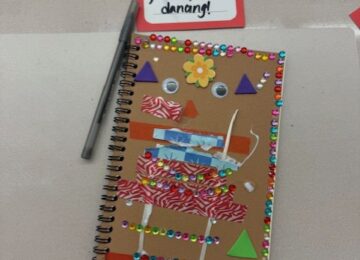Preschoolers – Stretching the Truth or Lying

Author:
Q: My preschoolers have been stretching the truth or making up stories a lot these days. Sometimes this is expressed as imaginative “stories,”, but sometimes it’s just simple lying. How do I handle this? How do I teach them that lying is bad? Or do I?
A: Lying at a preschool age is probably not a serious problem, but it is a valuable learning opportunity to help shape the child’s sense of right and wrong. Remember– a young child’s thinking is very concrete. Two-to-four-year-olds haven’t yet developed the universal concepts of morality that adults learn. Young children may lie because they may feel bad about an event, or are attempting to avoid punishment. Or, they may believe that if they lie, they can pretend a mistake never happened. And for young children, making up stories and telling tales are normal activities.
Preschoolers need your help to understand why it’s important to tell the truth. As you respond to a lie, focus on what you want the child to learn about being believed and trusted.
It is also important not to punish preschoolers for lying. Instead, saying something like, “No matter what you did, I promise I won’t get angry as long as you tell the truth” is a better approach.
Here are several other suggestions on how to cope with lying:
Explain pretending vs. lying. Make sure the child understands the difference between pretending and lying. Discuss that it is a lie to say something happened when it didn’t.
Sift out lies mixed with truth. If the child is lying about parts of a story, point out which part is true, and talk gently about which parts come from the child’s imagination.
Communicate your expectations. The young child doesn’t yet understand that even a lie told to protect someone is a mistake. Explain why honesty is more important than protecting a friend.
Stay positive. If the child has done something wrong, don’t question him or her in an accusatory way such as “Did you make the mess in the room?” Instead, ask the child to help clean the room so he or she will be able to play there later.
Build trust. Let the child know it’s “ok” to make mistakes as long as he or she admits to them and tries to do better.



